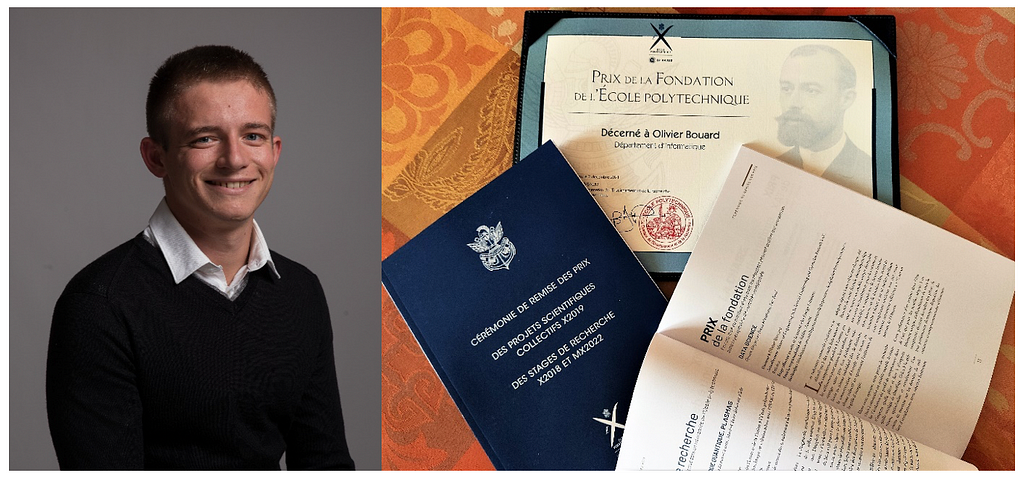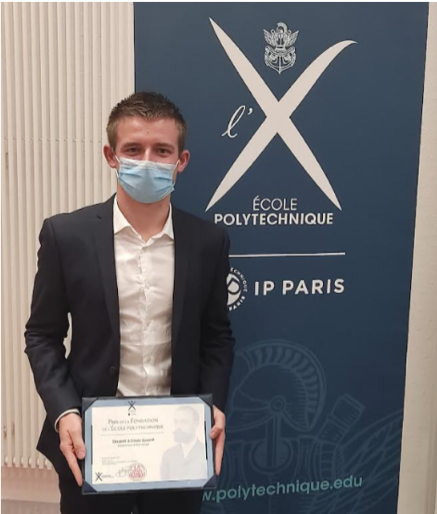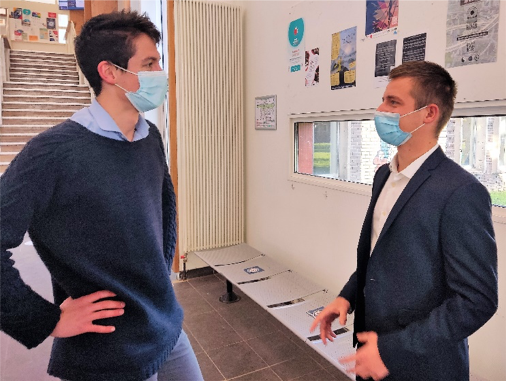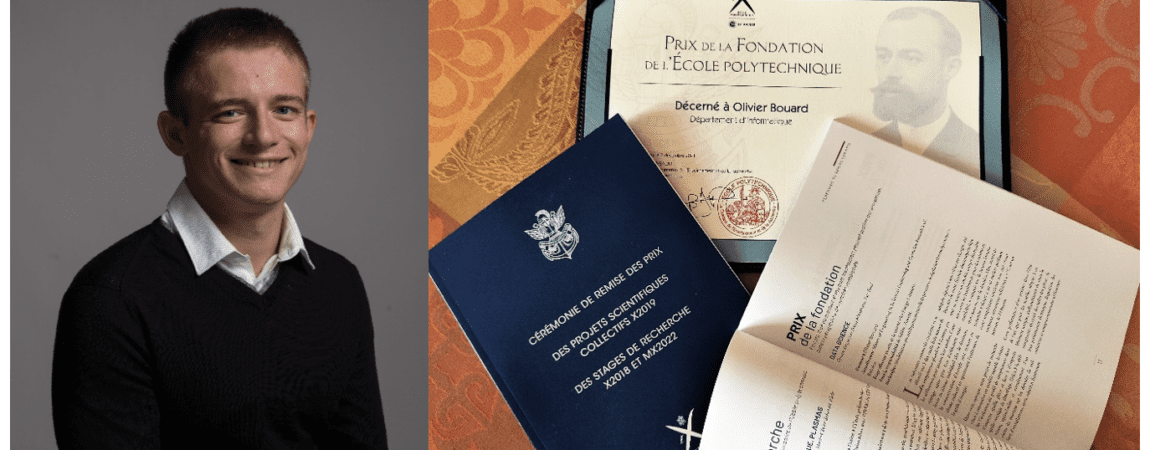On how his research internship in Switzerland led to the Polytechnique Foundation Award recognition and Berkeley MEng program

Spring 2021: Research internship in Zurich, Switzerland
During the Spring 2021 semester, I worked as a data science intern at tiko Energy Solutions, a small company reinventing virtual power plant and smart home energy management systems. We live in a world where sustainable energies will lead to higher energy supply variability. This is due to our lack of control over natural resources such as the wind and sunshine in contrast to nuclear or coal-fired power plants. tiko develops solutions to extend energy demand-response tools to households, which has been reserved for industries and main energy-intensive actors so far. My project is aimed at developing a model to simulate temperature evolution in rooms with direct electrical heaters to optimize their individual and collective switching strategy while meeting occupants’ comfort. Data science and learning-based algorithms can replace complex thermodynamic models, by learning the thermal specificities of each installation even including the occupants’ behavior. Such models have the potential of being used for several applications such as accurately computing savings, optimizing the switching strategy for maximizing savings, forecasting load curves including potential rebound effects and optimizing virtual power plant switching algorithms. A pioneering neural network-based solution was developed as part of my internship, which will be used to simulate heaters in the context of future projects.

December 2021: Best Research Internship Award in Paris, France
I received the “Polytechnique Foundation Award” for this research, which not only rewards projects deemed to push forward science, but also projects that have the potential of positively impacting businesses and society. Thanks to the Fung Institute‘s “MEng Conference and Competition Grant Award,” I was able to attend the Award Ceremony in Paris in December. This event was important to me not only to receive this prize, but also to present my research to my Computer Science Department at Polytechnique, as well as industry partners, political actors, and my fellow students now pursuing degrees in the US (Stanford, MIT, Columbia, Berkeley) or in Europe (Cambridge, Oxford, Imperial College, ETH, ENS, and others). Finally, this event was an opportunity to present my academic career at UC Berkeley to students from the cohort after mine, looking for an exchange year as I am doing now for my last year of studies.Science and professional degrees: The perfect combination
The French school system, through its engineering schools, produces excellent and multidisciplinary students. However, it can be criticized for being very theoretical. To stay in the data science field, I understand the demonstration behind PCA analyses and how to apply the spectral theorem on the dataset columns’ Gram matrix to find “by hand” the first eigen vectors; or the demonstration and convergence rate of empirical risk minimization for all the usual classifiers; or even how to code from scratch a perceptron with its neurons and the gradient propagation/backpropagation in C++. But I never configured my Python environment or used usual machine learning libraries before my internship. In other words, I didn’t know how to apply this knowledge in a real-world setting. In April 2021, I had to decide between finishing my academic career in the MS in Statistics at ETH Zurich or the MEng IEOR at UC Berkeley. If Berkeley is better known to the public, ETH has nothing to envy it: they are equivalent in several international university rankings, education at ETH is almost free and Zurich has a higher average income than San Francisco. But while we are having boot camps to learn business organization, marketing, power, innovation, have classes to develop our leadership and communication skills and have access to Haas School MBA classes, ETH has comparable bootcamps on how to write an academic paper, look for a PhD, lead research, etc. It depends on each one’s preferences, but it is incomparable to me. After five years of high-level science, developing all these soft skills, being able to thrive in organizations, collaborate with diverse people (both culturally and academically), experiencing the Bay Area ecosystem and building end-to-end solutions instead of focusing on small details is priceless. This is how we can get the most of our skills and get positions where we can thoroughly exploit and enhance them. I would like to apologize to my Berkeley professors here: I didn’t come from the other side of the world for math classes. I rather came to experience how it feels to have an insolent and unlimited ambition, to meet those who don’t doubt they can change the world and feel that making the world a better place is not only others’ business.“Intelligence without ambition is a bird without wings.” — Salvador DaliConnect with Olivier Bouard.
Olivier Bouard, MEng ’22 (IEOR): “I chose Berkeley to meet people who want to change the world” was originally published in Berkeley Master of Engineering on Medium, where people are continuing the conversation by highlighting and responding to this story.





